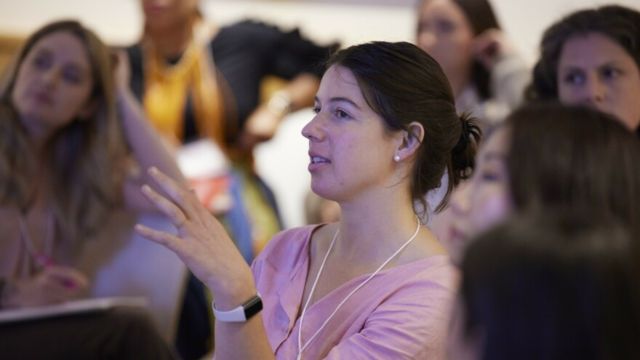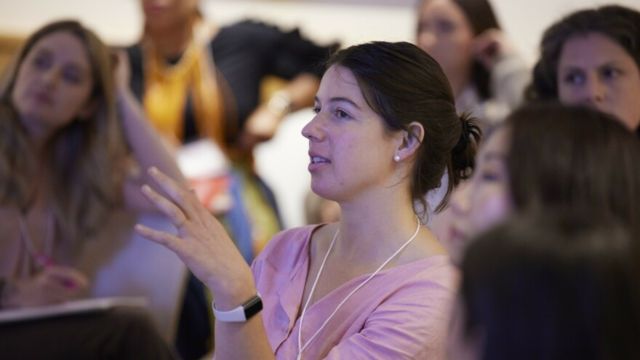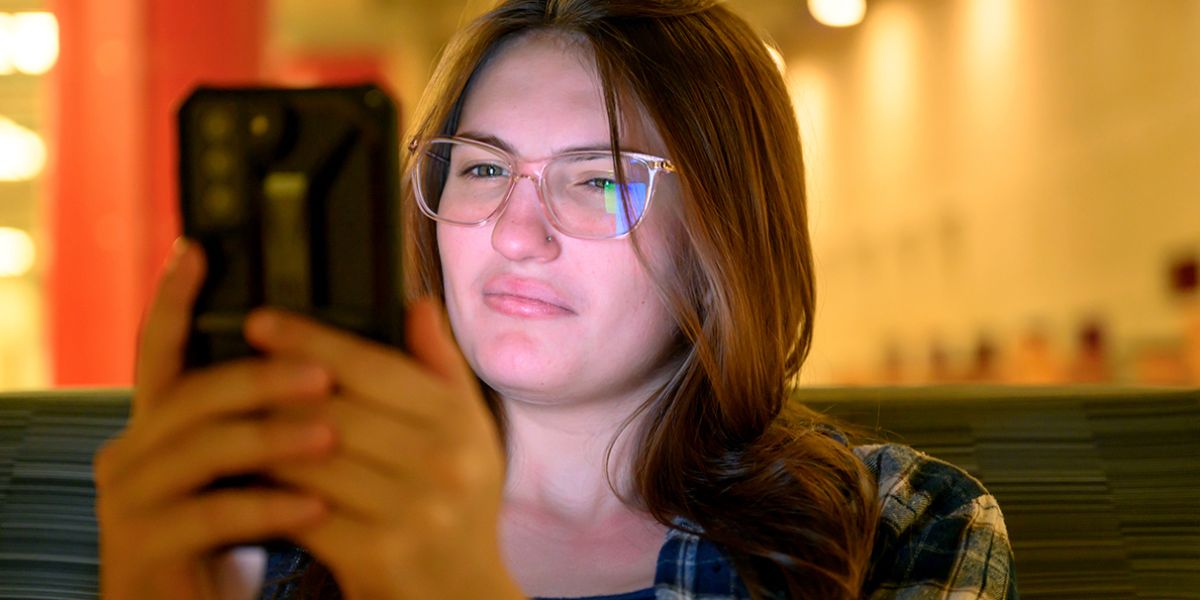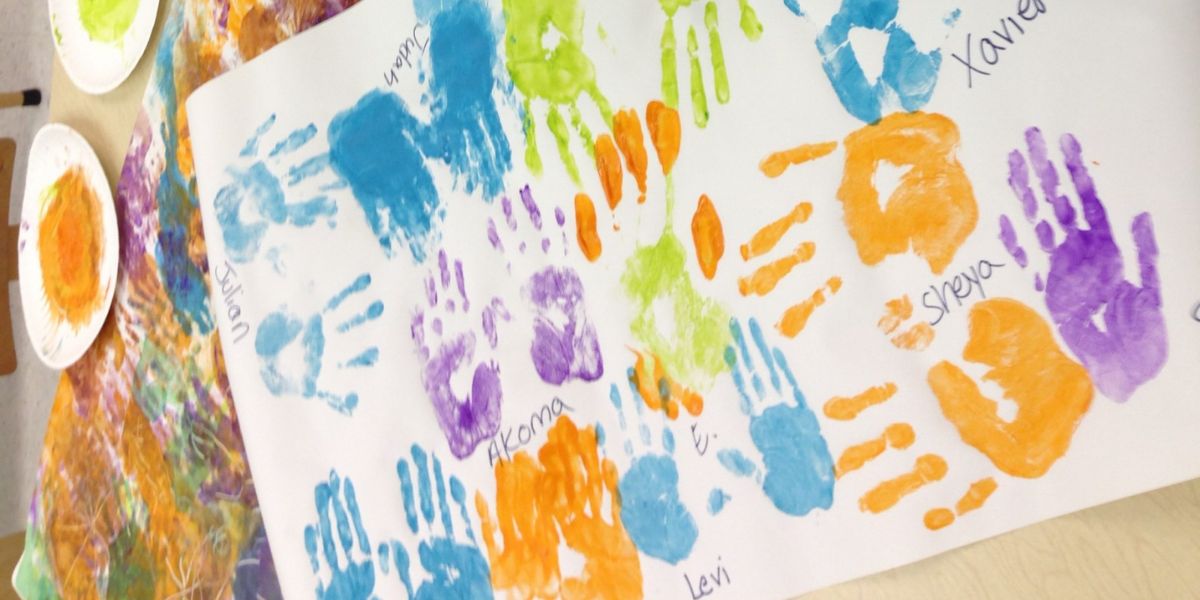As TikTok makes its return to American users, one Oklahoma therapist is raising concerns about the impact of screen-based interactions on mental health, emphasizing the importance of in-person connections for overall well-being.
With millions of people spending hours each day engaging with social media platforms like TikTok, the conversation around the effects of digital interactions on mental health has become increasingly relevant. While social media offers a way to stay connected, experts caution that it can’t replace the value of face-to-face interactions, which are crucial for emotional and psychological health.
The Rise of Digital Socializing
TikTok, which has surged in popularity over the last few years, is a platform where users share short videos on various topics, from trends and challenges to educational content. As TikTok becomes a more significant part of people’s daily lives, especially during the pandemic when many were isolated at home, users began to rely heavily on it for entertainment, socialization, and even emotional support.
For many, TikTok and other social media platforms provide an immediate way to engage with others, share experiences, and express themselves. However, as online interactions increase, therapists like those in Oklahoma are sounding the alarm about the potential risks to mental health when digital connections start to replace real-life ones.
The Negative Effects of Over-Reliance on Social Media
Dr. Jennifer Murphy, a therapist based in Oklahoma, has been vocal about the need to balance online interactions with in-person connections. She explains that while social media platforms offer a quick fix for socializing and connecting, they can often leave users feeling more isolated and disconnected in the long run.

“Social media interactions, while offering convenience, don’t provide the same emotional benefits as face-to-face connections,” says Dr. Murphy. “When we engage in online interactions, we miss out on non-verbal cues, body language, and the deeper emotional bonds that in-person conversations foster.”
Dr. Murphy also notes that over-reliance on social media for emotional support can lead to feelings of loneliness, anxiety, and depression. Users can easily become trapped in a cycle of comparing themselves to others, which can negatively impact self-esteem and overall well-being. Additionally, social media can blur the lines between reality and online personas, creating unrealistic expectations and leading to dissatisfaction.
In-Person Interactions: Essential for Emotional Health

In contrast, in-person interactions provide a richer and more authentic way to connect with others. Dr. Murphy highlights that physical presence enhances emotional bonds, allowing for empathy, emotional support, and the kind of connection that technology simply can’t replicate.
“Being physically present with someone allows for deeper communication and mutual understanding,” she says. “You can read their facial expressions, hear their tone of voice, and even experience physical touch—whether it’s a comforting hug or a reassuring pat on the back—that reinforces feelings of trust and belonging.”
This kind of emotional connection has been shown to have a positive effect on mental health, reducing stress levels and increasing feelings of happiness and security. Human beings are wired for social connection, and being in the same physical space as others helps release oxytocin, the hormone responsible for feelings of bonding and trust.
Flu and Norovirus Spike in NYC: Public Health Officials Say True Numbers Could Be Much Higher
Finding Balance: How to Navigate the Digital Age
While Dr. Murphy stresses the importance of in-person connections, she recognizes that social media platforms like TikTok are not inherently harmful. They can provide a sense of community and a way to stay connected with friends and family, especially when physical distance makes in-person meetings difficult. The key is balance.
“Technology, when used mindfully, can be a valuable tool for communication, education, and even entertainment,” Dr. Murphy acknowledges. “However, it’s important to prioritize real-world interactions and not allow digital connections to replace meaningful relationships in our daily lives.”
To maintain a healthy balance, Dr. Murphy suggests setting boundaries for social media use, such as limiting screen time or designating certain hours of the day for offline activities. She encourages individuals to prioritize face-to-face interactions with loved ones, engage in hobbies, and participate in community activities that allow for deeper social connections.
The Power of Mindful Socialization
Dr. Murphy’s message is simple: in-person connections are irreplaceable when it comes to mental health. As social media continues to evolve, it’s essential that people remain mindful of how much time they spend online and ensure they are making time for real-life interactions.
As TikTok and other platforms continue to return to prominence, it’s crucial for users to be aware of the potential emotional pitfalls of relying too heavily on digital connections. Prioritizing in-person conversations, whether it’s with friends, family, or even strangers in a supportive community, can significantly boost mental health and emotional well-being.
In a world that increasingly relies on screens for communication, it’s more important than ever to nurture and cherish the human connections that occur when we’re physically present with each other. Whether it’s a shared meal, a walk in the park, or a heartfelt conversation, these moments of true connection are the foundation of good mental health.
Dr. Murphy’s advice to those navigating the world of social media? Stay connected, but don’t forget to unplug and engage in the real world. It’s there that the most meaningful relationships—and the greatest emotional healing—happen.




